Be honest to keep “customers”
Currently, Vietnam produces 12 - 14 million tons of fruit each year on about 1.1 million hectares of growing area, mainly tropical fruits. These include dragon fruit, mango, lychee, longan, durian, rambutan... which bring high value.
According to Deputy Minister of Agriculture and Rural Development Hoang Trung, the Ministry has made great efforts in coordinating with other ministries and sectors as well as directing specialized agencies to negotiate and handle technical barriers to open the market. Up to now, major and important markets such as China, the United States, Japan, Korea, Europe... all have the presence of Vietnamese fruits, especially those with large areas and output.
In addition to the close, systematic and strategic management of the management agency, the Ministry of Agriculture and Rural Development, all people and businesses must join hands and implement together so that Vietnamese fruits can increasingly bring high economic benefits and sustainable development.
To maintain the market share and image of Vietnamese fruits in the market, in addition to the units of the Ministry of Agriculture and Rural Development, localities must also take a close and practical approach, creating changes from reality, not from documents. Specifically, strictly follow the procedures and instructions of the Ministry of Agriculture and Rural Development to direct people to follow, from the stage of selecting varieties, seasons, care to the stage of harvesting.
One of the mandatory conditions for exporting fruit is the code of the growing area and the packing facility. This is a particularly important issue but there are still problems somewhere and the Ministry of Agriculture and Rural Development continuously gives recommendations.
In terms of expertise, units of the Ministry such as the Plant Protection Department and the Department of Crop Production continuously coordinate with agencies of importing countries to conduct inspections, along with training and guidance for localities to develop codes for growing areas and packaging facilities.
"It is noteworthy that after being recognized and granted a code, we must maintain the conditions and regulations of the protocol for sustainable development. We must be honest about the growing area code, we cannot give a code of only 500 tons but grant it to thousands of tons. Doing so will only benefit a few people but drag the whole industry down. When problems arise and importing countries close their doors, the damage will be huge, affecting people, businesses, the local economy and the image of Vietnamese fruit," Deputy Minister Trung emphasized.
Another issue that localities need to pay attention to is zoning and developing appropriate production plans for each region, with each advantageous product. In addition, localities also need to closely contact localities with border gates to grasp information, thereby developing appropriate production plans to avoid surplus.
Businesses must compete fairly, not put each other down.
From the perspective of businesses - part of the value chain, Mr. Hoang Trung said that there needs to be a close connection with producers, specified in clear business contracts, to avoid dumping and breaking deals.
In addition, there needs to be attention, investment in technology, and support in purchasing prices for farmers. There needs to be appropriate adjustments to the market to be able to share benefits in a harmonious way. Only then can sustainable links be created.
There must also be a connection between businesses and management agencies, a responsibility to comply with export regulations, not to do business dishonestly, and not to chase after quantity. Businesses must also be responsible for connecting with each other, competing but in a healthy way, avoiding the situation of undermining and playing dirty tricks on each other. In addition, it is necessary to contact and cooperate with partners of the importing country, and find reliable customers.
On a larger scale, industry associations in the coming time must make efforts to find potential markets, be sensitive to changes in regulations to report and advise management agencies. Another role of associations is to gather businesses, join hands to cooperate sincerely for the common good. When there is a synthesis from the central to the local level, from businesses to producers, we will ensure the sustainable development of the industry, bringing high profits.
Source: https://baophapluat.vn/thu-truong-bo-nong-nghiep-va-phat-trien-nong-thon-hoang-trung-muon-phat-trien-nganh-hang-trai-cay-viet-nam-thi-phai-trung-thuc-post523532.html





![[Photo] National Assembly Chairman Tran Thanh Man meets with Thai Prime Minister Paetongtarn Shinawatra](https://vphoto.vietnam.vn/thumb/1200x675/vietnam/resource/IMAGE/2025/5/15/e71160b1572a457395f2816d84a18b45)

![[Photo] Prime Ministers of Vietnam and Thailand visit the Exhibition of traditional handicraft products](https://vphoto.vietnam.vn/thumb/1200x675/vietnam/resource/IMAGE/2025/5/15/6cfcd1c23b3e4a238b7fcf93c91a65dd)
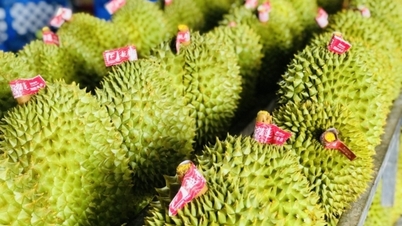

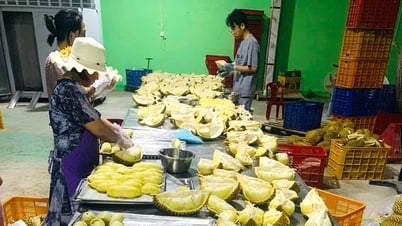

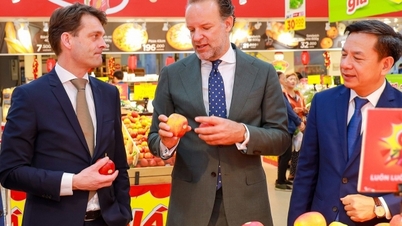


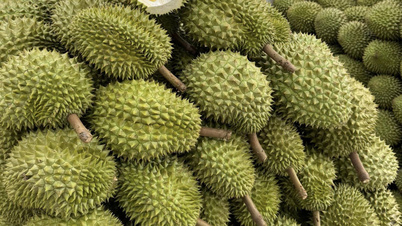





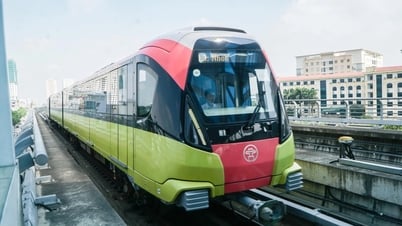
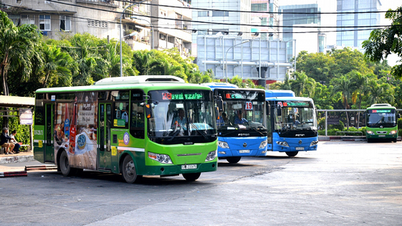

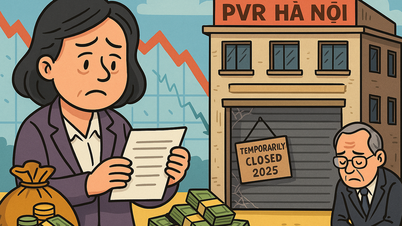





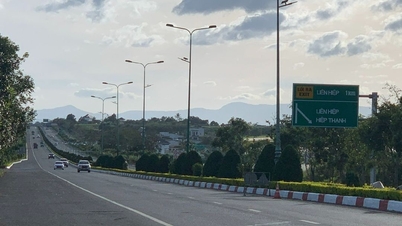

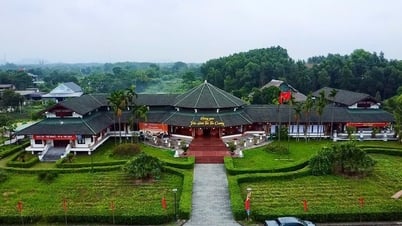

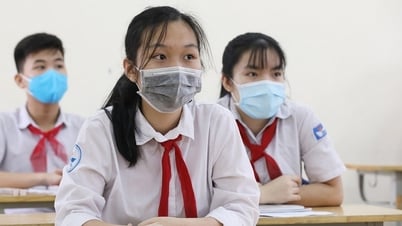
































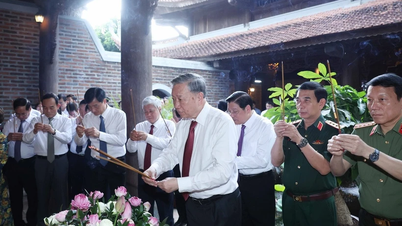









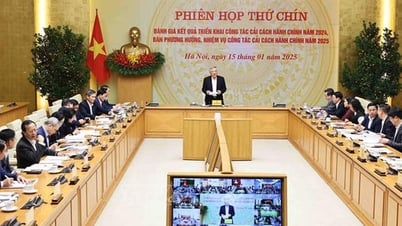

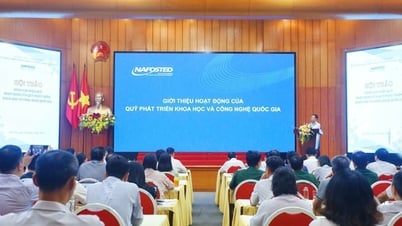





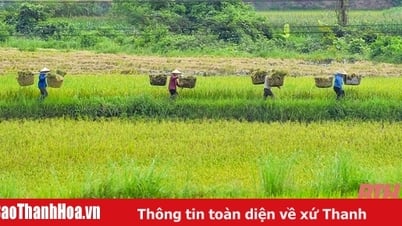

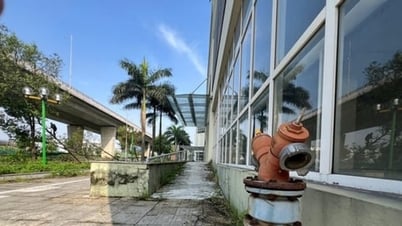
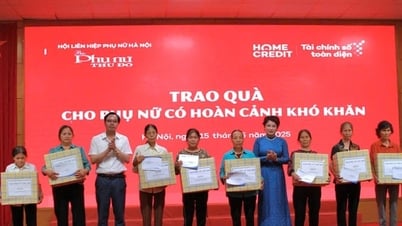



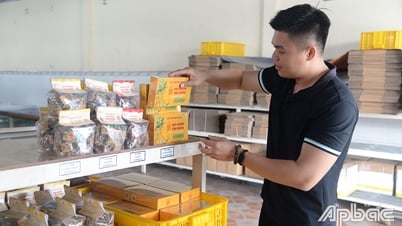







Comment (0)